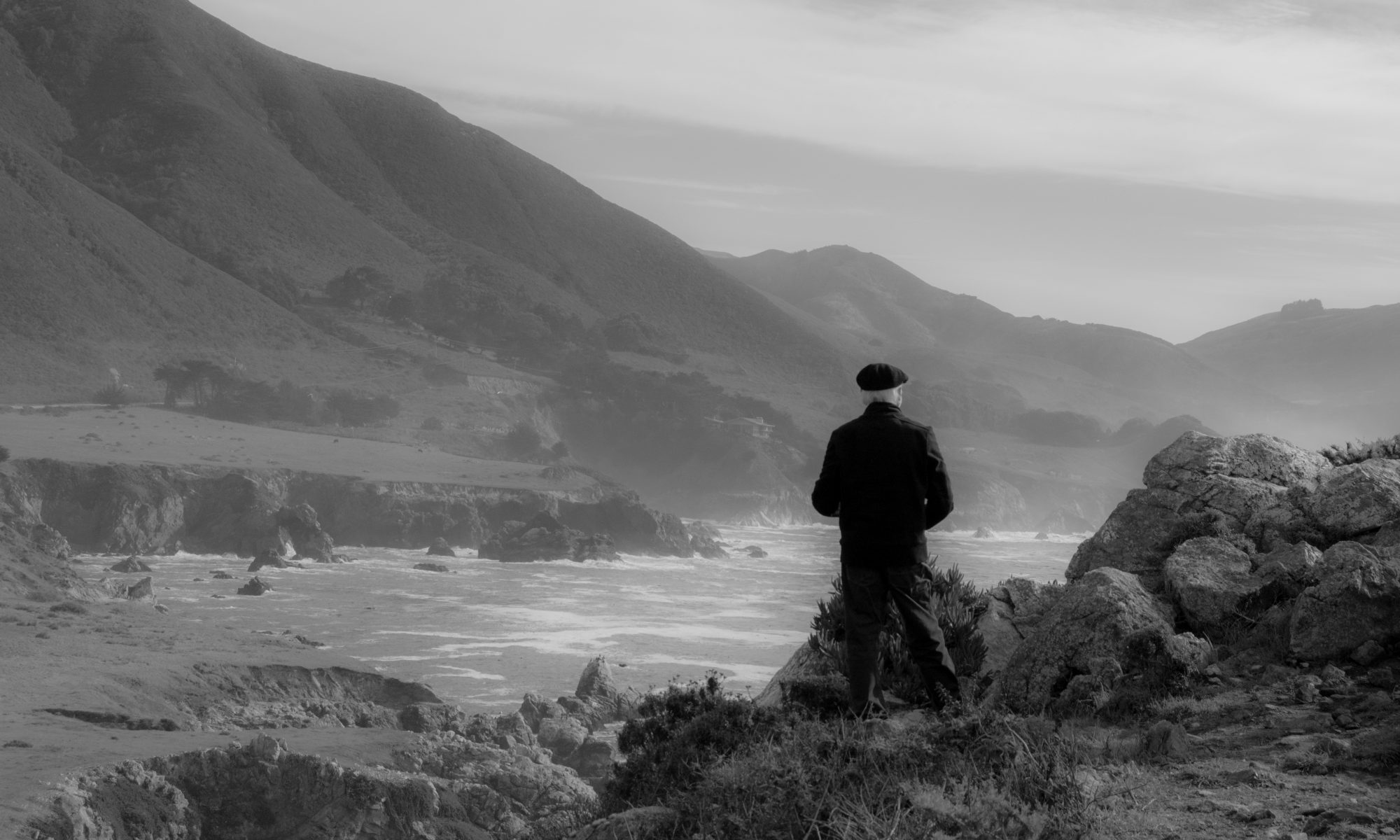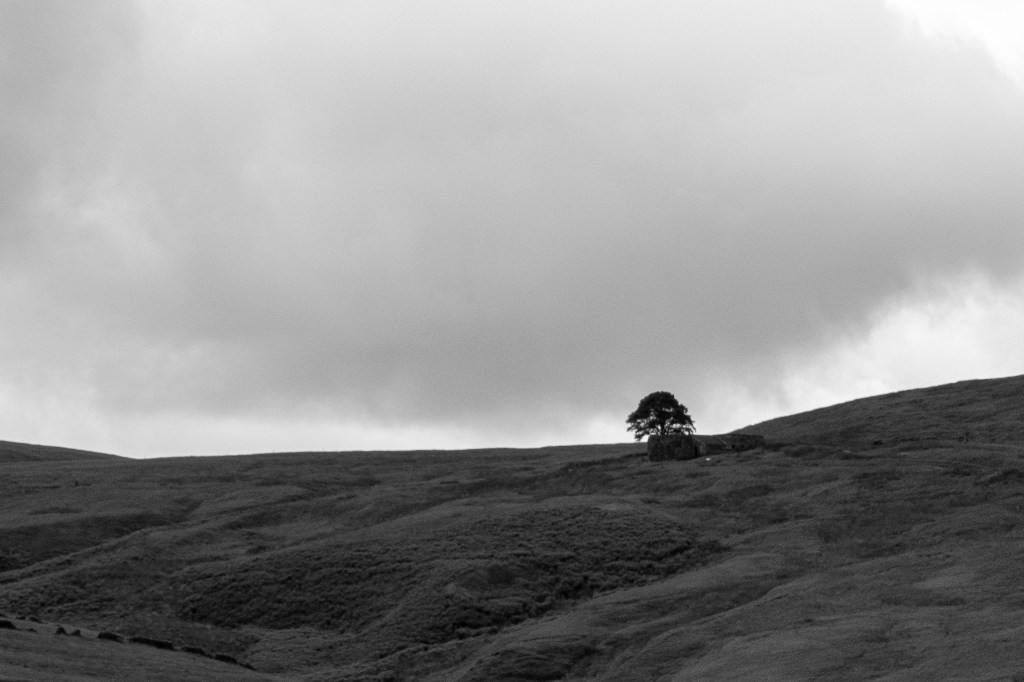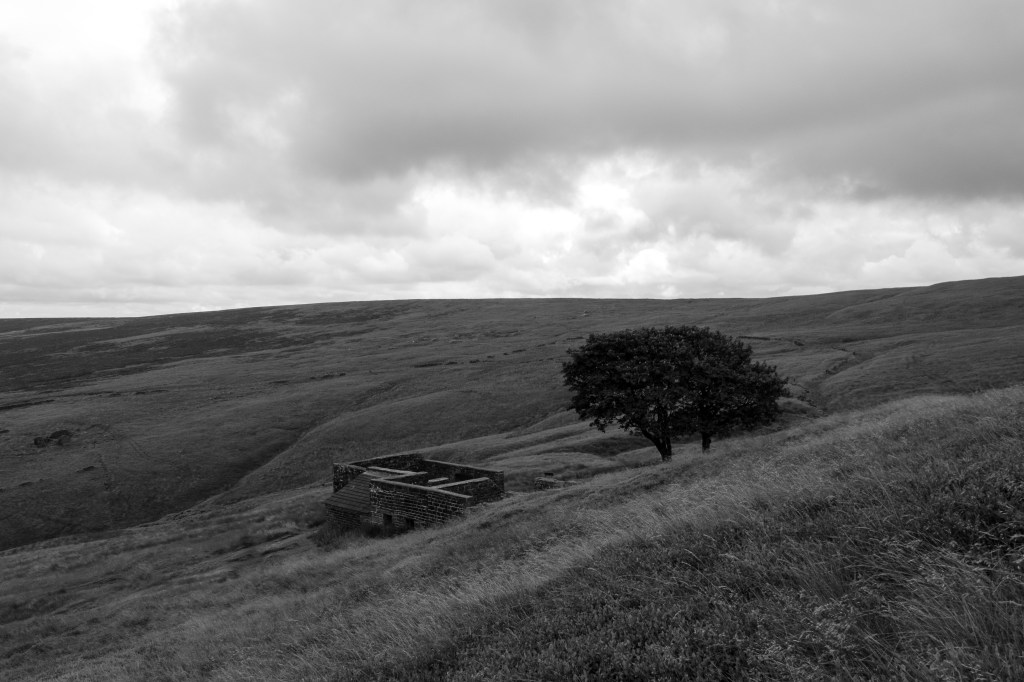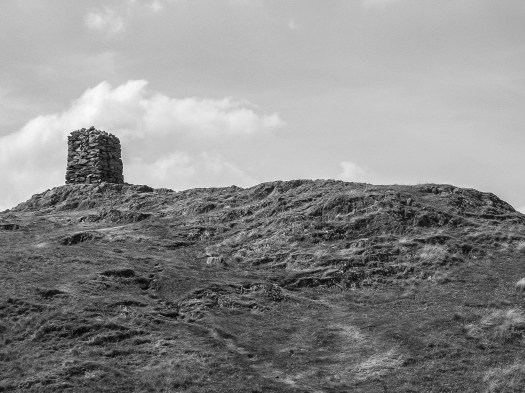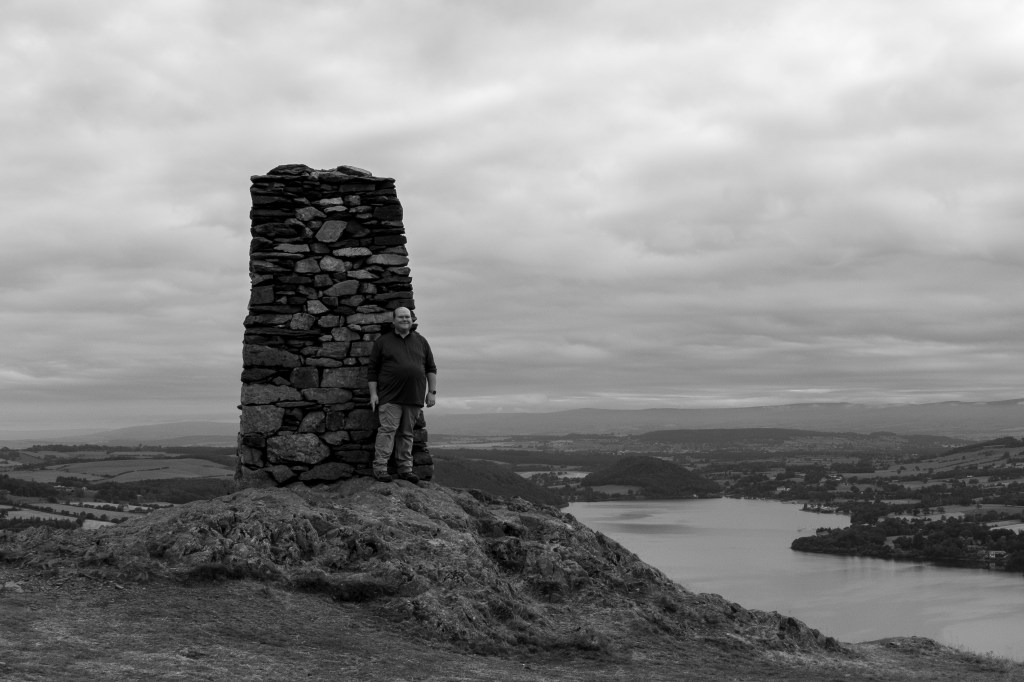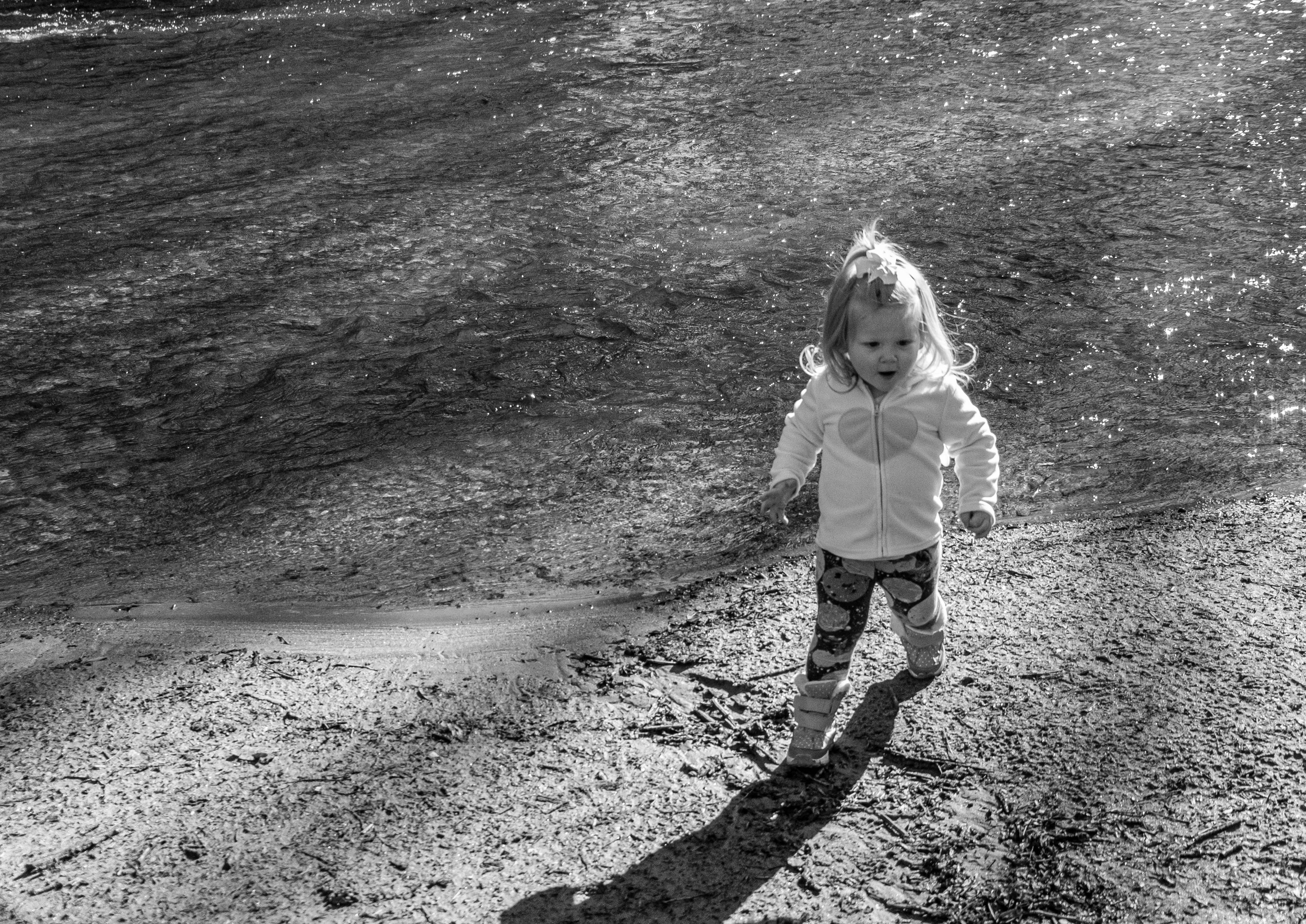I am a writer.
I am a tax attorney, too. I have post-doctorate degree in tax law. I am board certified. I am a shareholder at my firm and chair of my department. I have worked tirelessly to achieve each of these distinctions. At the end of the day, though, they don’t define me. They are not who I am.
I am a writer.
Writing is not a hobby. It is a part of the my fabric, the very definition of who I am—as fundamental to me as any physical appendage. I’ve heard that amputees will sometimes get phantom pains where their limbs used to be. If I gave up writing, I imagine that I would have phantom pains in my chest where my whole heart used to be.
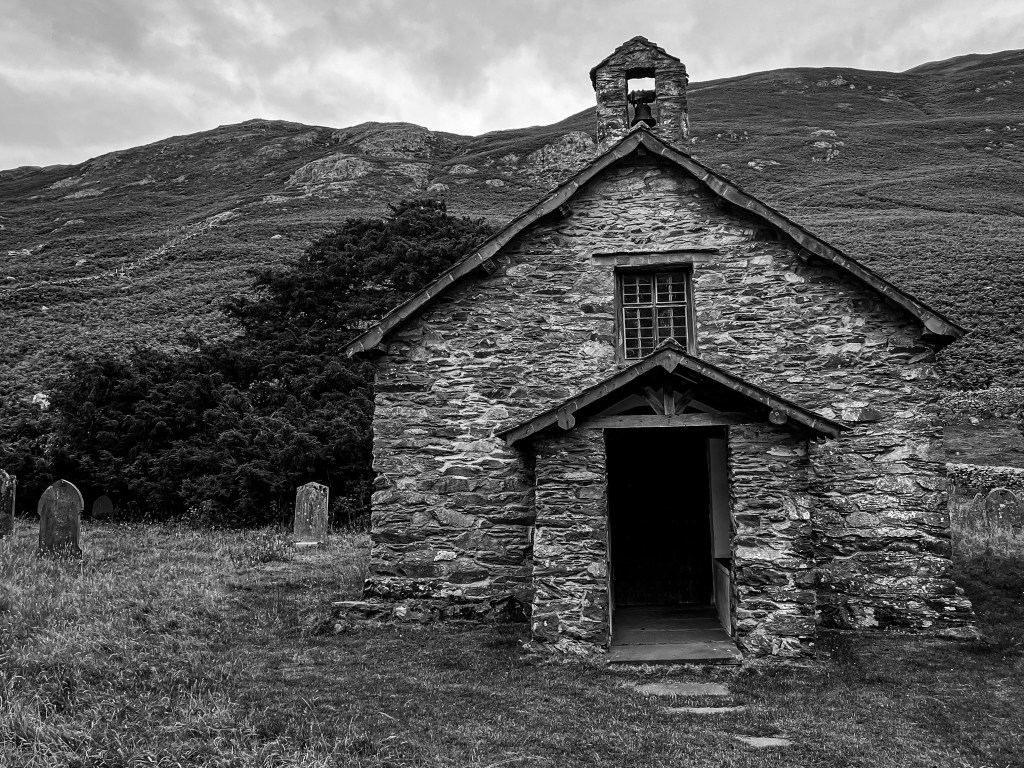
I recall two quotes from my high school literature classes—one from The Scarlet Letter about losing one’s identity by hiding behind a mask for too long, and one from Faulkner’s The Unvanquished. I stumbled on the lines as a junior in high school, and the words resonate inside me today as loudly as they ever have:
I realized then the immitigable chasm between all life and all print—that those who can, do; those who cannot and suffer enough because they can’t, write about it.
When I made the decision to go to law school, I made a bargain with myself. I could become an attorney, but I would find a way to continue writing. I published my first legal article in my first year of law school. I am the author of 470 snarky blog posts exploring the intricacies of the Internal Revenue Code, and I have published long-form articles with bar journals and periodical—including, at last count, an even dozen for Bloomberg Tax, one of the top publications in my industry. God bless my editors at Bloomberg, as they have given me nearly free rein to be creative.
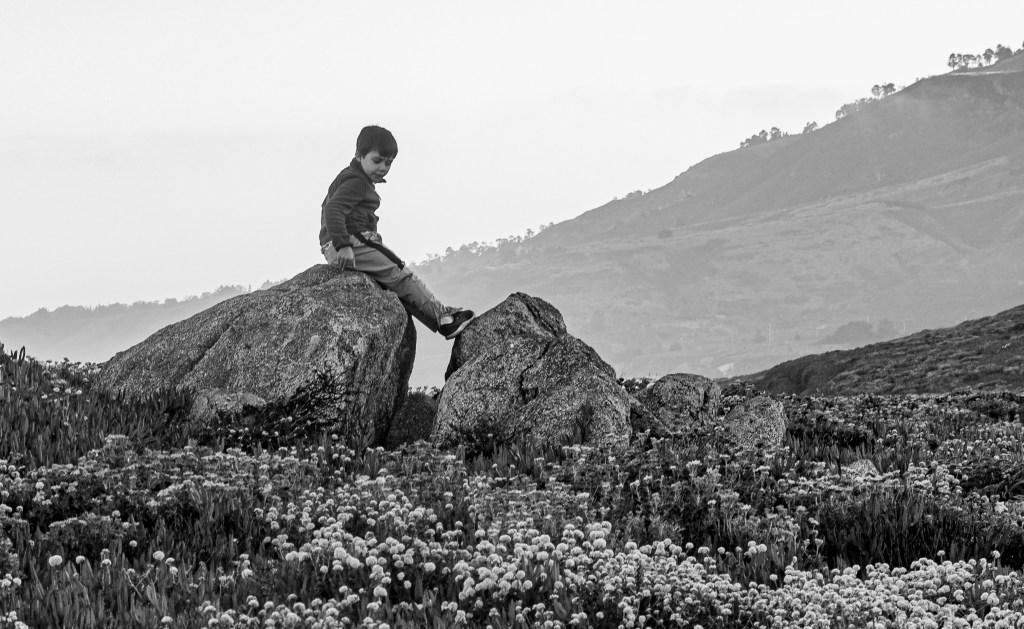
As I noted in my most recent post on this blog—from 10 months ago—my friend, mentor, and the leader of my practice group died in December 2023. I was thrust into the role of chair of our small department, and the pressure of the situation very nearly broke me. There but for the love and support of my wife and an incredible counselor, I likely would have had a complete mental breakdown. For much of 2024, I was firmly in the “those who cannot and suffer enough because they can’t” camp.
But I didn’t write about it.
The last article I published with Bloomberg was in May 2023. I posted three short articles on Briefly Taxing in 2024 after averaging around a hundred per year since I started the blog in January 2020. I did not write for myself until October 2024, and then it was only to edit a poem that I had previously written.
I told my counselor all of this, and she told me rather bluntly (and I adore her for it) that writing must be an integral part of my healing and recovery. I wrote a few more poems and worked on some articles that I had begun but never finished or published, but it was the end of the year and there were not enough waking hours (generally 2:30 AM until 10:00 PM for me) to complete all of the year-end work that I needed to do for my clients and my department.
Like the compromise I made with myself when I chose law school, I promised myself that I would begin to write again in the new year.
To be honest, I had largely forgotten about this blog, with all of my attention turned towards Briefly Taxing. But I’ll be damned if I wasn’t having a conversation with a colleague, which turned, somehow, to the subject of ducks. I regaled her with the stories of Kyle and Jeremiah and the eternal question of filched fowl, and I reread some of my more recent posts with such fondness.
I recalled, for the first time in too long, what my words sounded like to me when I wrote them for myself.

And that poem I worked on in November? It’s not perfect; it’s likely not even finished, but I wrote it for for me, and that is an important step in the right direction. Writing is necessary for me; it accesses parts of me that I do not understand until I reread the words that I’ve written. I’m told that’s good for my mental health.
I wonder if Faulkner was talking about healing and recovery when he wrote that those who can do, and those who cannot and suffer enough because they can’t, write about it. I figure I suffered enough last year. I’ll think it’s high time to turn my attention back to writing now.
